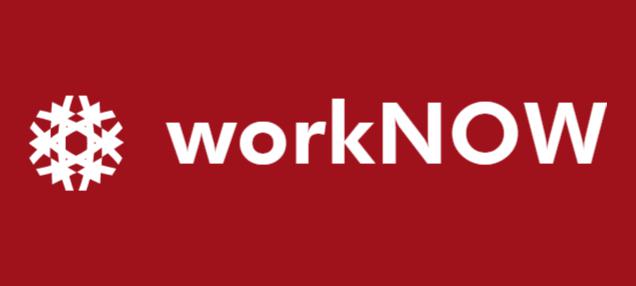Office Clerk
Controller Job Description
An office clerk performs a variety of general office tasks: file, make photocopies, post outgoing mail, complete banking transactions, sort and distribute incoming mail, sign for deliveries and send faxes. They must also be able to keep accurate paper and electronic records, and take detailed phone messages. In some offices, office clerks take dictation at meetings and transcribe notes, as well as keep track of office supplies and replenish them when necessary.
In some office settings, office clerks may take on more advanced tasks, such as keeping records for payroll, making out pay cheques, or taking inventory. If an office clerk is asked to supervise other employees, previous managerial experience is usually needed.
Clerk or secretary, it’s important to focus on these details and not let anything slip through the cracks. For example, clerks are expected to review documents for any typos or errors before they go out to stakeholders. Clerical workers need to have strong written and oral communication skills with superiors, colleagues, and customers. They must be able to speak and write clearly and effectively, and in a way that is easy to understand. Computer skills are critical for any clerical job. Clerks and secretaries have to be quick and accurate typists. They should also be familiar with other Microsoft Office software, such as Word and PowerPoint. Any additional computer skills, such as the ability to design or edit web pages, would be considered a big plus. Clerical work involves numeracy, which requires basic mathematical skills for understanding numerical information. Clerks and secretaries must be organized because they are in charge of making sure the office runs smoothly. Being a strong problem solver is key to effectively carrying out clerical functions and issues as they arise. As a clerk, being able to adapt will help you thrive in a fast-paced environment.
A high school diploma is typically enough to get started as an office clerk. It is important to have some office skills, such as typing, good phone skills, word processing, etc. Most training is done on the job. Business education programs offered in community colleges and post secondary vocational schools can help individuals prepare for an entry-level job. Courses in office practices, word processing, and other common computer applications are particularly helpful.
Typical duties of a Controller
• Receive and screen incoming calls or gather other information that needs to get to the right people (may be time-sensitive)
• Deliver messages and run errands
• Collect, count, and disburse money, do basic bookkeeping and complete banking transactions
• Complete and mail bills, contracts, policies, invoices, or cheques
• Work closely with people in the office and also with supervisors/management
• Prepare meeting agendas, attend meetings, and record and transcribe minutes
• Work with computers to create documents, spreadsheets, input data, and communicate by email
• Maintain and update filing, inventory, mailing, and database systems, either manually or using a computer
• Speak with people outside the company, including potential clients, and greet incoming visitors
• Confirm appointments and direct clients or vendors to the appropriate person or office
• Make sure finished work is free of mistakes when performing data processing or writing letters or other documents
• Inventory and order materials, supplies, and services
• Open, sort and route incoming mail, answer correspondence, and prepare outgoing mail
• Make travel arrangements for office personnel
• Juggle several different things at once (organization and attention to detail skills are key)
Skills: Interpersonal skills, teamwork, flexibility, dependability, adaptability, and creativity
Qualifications: Clerical administration, Business Administration, or a similar field

